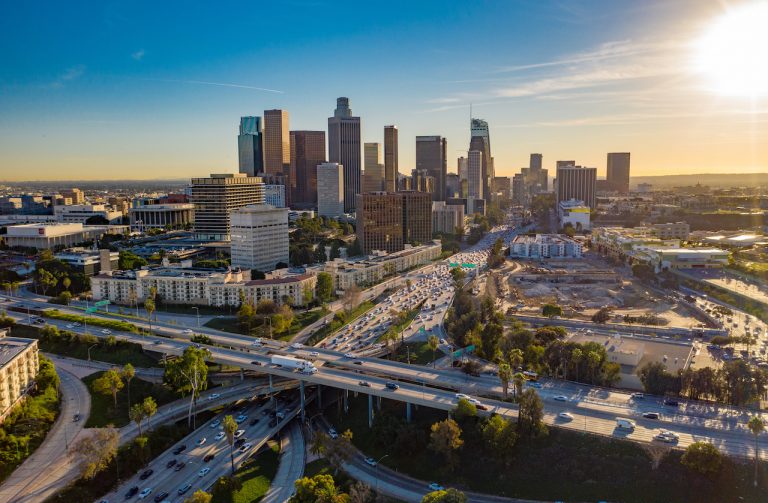Taking a Look into Our Adaptation Blind Spots
In my business, we’d rather not be right. What gets a climate change expert out of bed in the morning is the desire to provide decision-makers with the best available science, and at the end of the day we go to bed hoping things won’t actually get as bad as our science tells us. That’s true whether you’re a physical or a social scientist.
Well, I’m one of the latter and Meeting of the Minds thought it would be valuable to republish an article I penned in January 2020. In that ancient past, only the most studious of news observers had heard of a virus in Wuhan, China, that was causing a lethal disease. Two months later we were in lockdown, all over the world, and while things have improved a lot in the US since November 2020, in many cities and nations around the world this is not the case. India is living through a COVID nightmare of untold proportions as we speak, and many nations have gone through wave after wave of this pandemic. The end is not in sight. It is not over. Not by a longshot.
And while the pandemic is raging, sea level continues to rise, heatwaves are killing people in one hemisphere or the other, droughts have devastated farmers, floods sent people fleeing to disaster shelters that are not the save havens we once thought them to be, wildfires consumed forests and all too many homes, and emissions dipped temporarily only to shoot up again as we try to go “back to normal.”
So, I’ll say another one of those things I wish I’ll be wrong about, but probably won’t: there is no “back to normal.” Not with climate change in an interdependent world.

